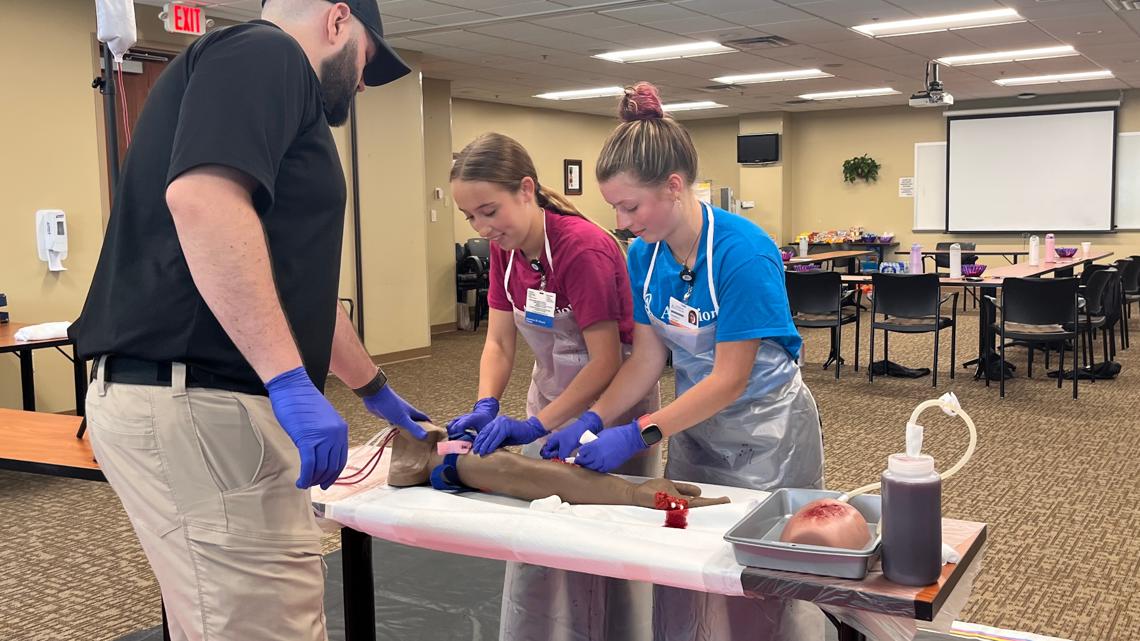
Neurodegenerative diseases, such as Alzheimer’s, Parkinson’s, and Huntington’s disease, currently affect over 57 million people worldwide and represent one of the most pressing global health challenges. This number is expected to double every two decades, driven by population aging and increased life expectancy.
Despite the expanding burden, there are no definitive cures for these disorders, and existing treatments provide only limited relief. A significant barrier to effective management lies in the inherent heterogeneity of neurodegenerative diseases—each patient may experience a unique disease course, making diagnosis and treatment complex.
Moreover, many neurodegenerative disorders are characterized by prolonged preclinical and prodromal phases, during which early symptoms are subtle or absent. This delay in diagnosis limits the therapeutic window for intervention, reducing the effectiveness of available treatments.
Efforts are underway globally to improve early detection methods and identify biomarkers that can help understand disease mechanisms and individual variations. Researchers are also focusing on developing novel therapies that target these conditions at their root, including gene therapies, disease-modifying agents, and immunotherapies.
Nonetheless, significant challenges remain. The pathophysiology of neurodegenerative diseases is still not fully understood, and the translation of laboratory findings into clinical treatments is often slow and fraught with failure. The continued growth in the number of affected individuals underscores the urgent need for increased research investment and public health planning to manage this crisis effectively.
As the global population continues to age, neurodegenerative diseases are expected to impose enormous personal, social, and economic burdens. Without breakthrough therapies or preventive measures, healthcare systems worldwide may struggle to cope with the growing needs of this vulnerable population.
Source: https:// – Courtesy of the original publisher.








